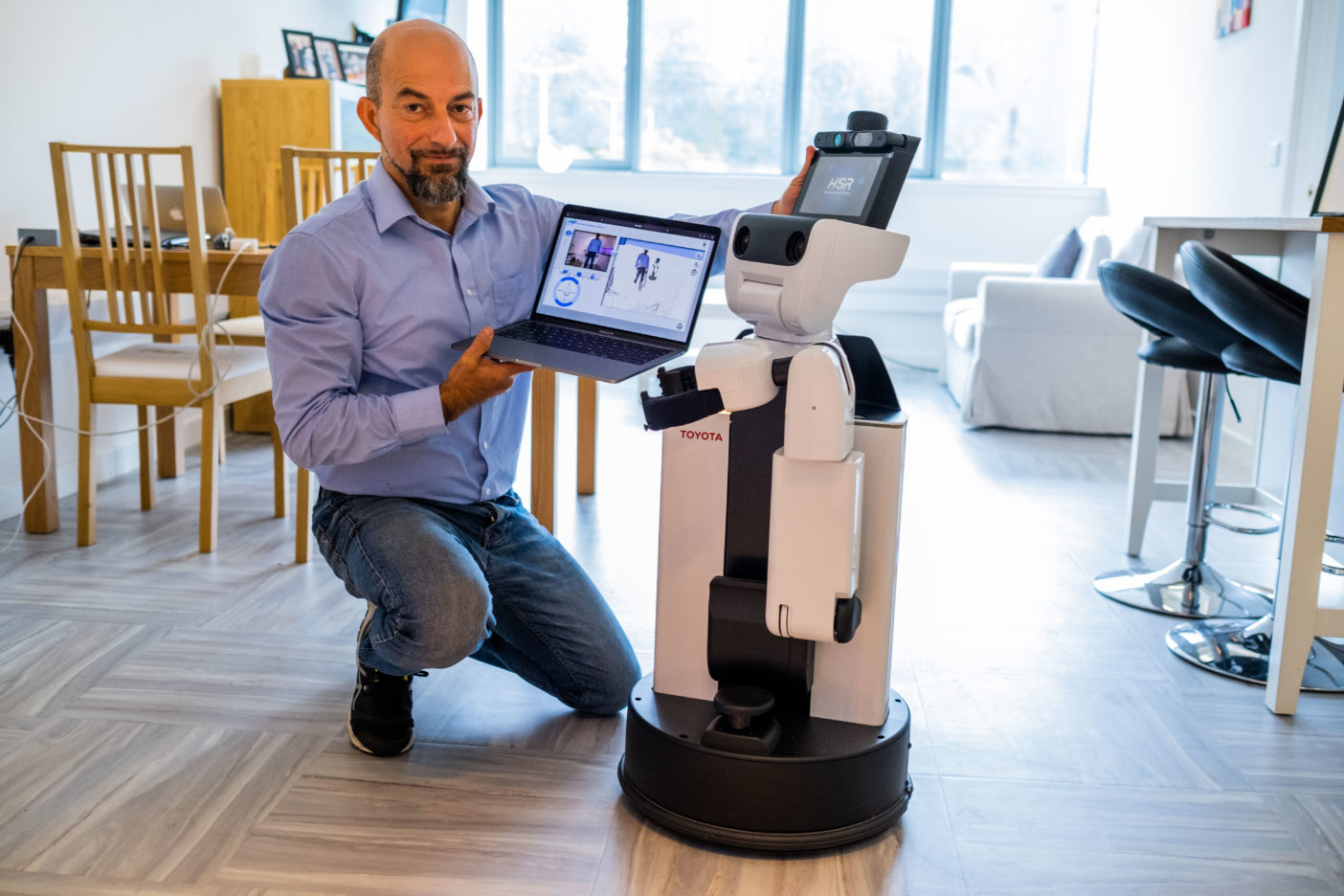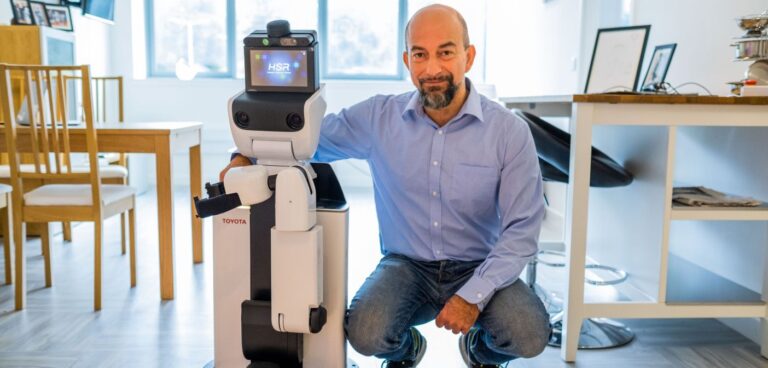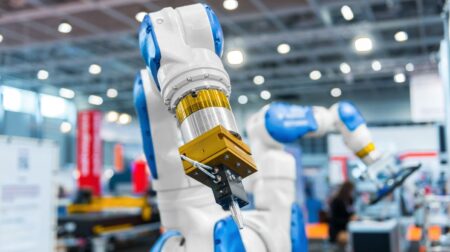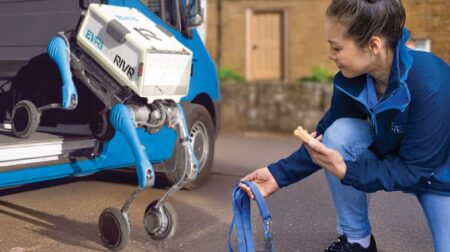The National Robotarium, Edinburgh, has developed an intelligent sensing and tele-presence robotic technology to allow health practitioners to remotely assess a person’s physical and cognitive health from anywhere in the world.
Working with Dr Mario Parra Rodriguez, a specialist in cognitive assessment from the University of Strathclyde, the National Robotarium believes the technology could aid cost-effective diagnosis.
As part of its assisted living lab, hosted at Heriot-Watt University, the project aims to provide more regular monitoring and health assessments alongside assistance, especially for those living with conditions like Alzheimer’s disease and other cognitive impairments.
According to the project, combining the system with a tele-presence robot brings two major advances. Firstly, robots can be equipped with sensors and can also operate in a semi-autonomous mode, delivering data 24 hours a day, seven days a week.
Secondly, tele-presence robots are able to keep clinicians and carers in the loop. These professionals can benefit from data provided by the project’s sensing system, and also control the robot directly, over the internet, to interact with the individual under their care.
Furthermore, clinicians can ‘see’ through the eyes of the robot, move around the room or between rooms and operate its arms and hands to carry out more complex assessment protocols. They are also designed to respond to emergencies and provide assistance when needed.

Dr Mauro Dragone, who is leading the research, explained: “With gaps between assessments lengthening, the care and support that is being prescribed to assist vulnerable people may become unsuitable as an individual’s physical and cognitive abilities change over time.
“Our prototype makes use of machine learning and artificial intelligence techniques to monitor smart home sensors to detect and analyse daily activities. We are programming the system to use this information to carry out a thorough, non-intrusive assessment of an older person’s cognitive abilities, as well as their ability to live independently.”
Now that the team has successfully tested the feasibility of the concept in the lab, they will launch further co-design activities with clinicians and potential users. A pilot study, in collaboration with Blackwood Homes and Care, plans to use a robot embedded in the company’s care facilities.








